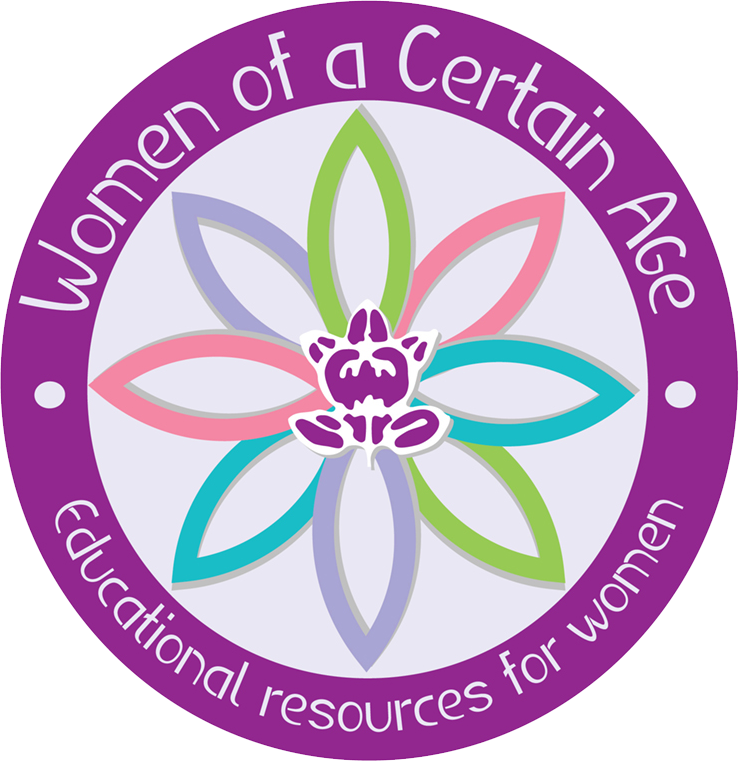By Cliff Collins
for The Scribe
When Portland health educator Jacki Gethner gives talks to women over 50 about the risks of HIV, their reaction typically is, "That's interesting." But then they walk away, thinking the information doesn't apply to them.
They're wrong, though. As of 2007, about one-fourth of all HIVinfected adults are 50 or older, a figure that could rise to half by 2015, according to federal estimates. The two main reasons for the increase are that patients with the virus are living longer owing to the development and availability of antiretroviral therapy, and also that more older people are contracting the disease.
Acco rding to AARP, older adults comprise the fastes t-growi ng segment of the HIV-posi t ive population. Of the estimated 1.1 million Americans with HIV, some 407,000 are over 50. And one in seven new diagnoses of HIV or AIDS is in someone over 50. Last year the Centers for Medicare and Medicaid Services began covering HIV screening for Medicare beneficiaries, citing statistics suggesting that 53 percent of people age 65 to 74 are sexually active, as well as 26 percent of those 75 to 85.
But testing for the virus among adults 65 and older lags far behind testing of other Americans, and experts worry that HIV cases in older people go undiagnosed. A 2009 Kaiser Family Foundation survey found that only 16 percent of Americans 65 and older had ever been tested for HIV, compared with 40 percent of those age 50 to 64, 61 percent of those 30 to 49, and 54 percent of people 18 to 29.
"As the U.S. population continues to age, it is important to be aware of specific challenges faced by older Americans and to ensure that they get information and services to help protect them from infection," according to the CDC.
Minorities are disproportionately affected. In 2005, the rates of HIV or AIDS among people 50 and older were 12 times higher among blacks than whites, and five times higher among Hispanics compared with whites. Older members of minority groups may face discrimination and stigma that can lead to later testing, diagnosis and reluctance to seek services, according to the CDC. HIV transmission through injection drug use accounts for more than 16 percent of AIDS cases among people 50 and older.
According to the Office on Women's Health in the U.S. Department of Health and Human Services, about one in four Americans living with HIV are women.
Gethner, a licensed massage therapist and certified drug and alcohol counselor who won a 2009 national Kaiser Permanente HIV/AIDS Diversity Award, said many older women may have been in a monogamous marriage for decades and, after losing their husband, find themselves unprepared and "naïve" when re-entering the dating scene.
Health-care professionals may underestimate their older patients' risk for HIV and thus may miss opportunities to deliver prevention messages, offer HIV testing or make an early diagnosis that could help their patients get early care.
Also, the CDC said physicians may miss a diagnosis of AIDS because some symptoms can mimic those of normal aging, such as fatigue, weight loss and mental confusion. In addition, the stigma of HIV and AIDS may be more severe among older adults, leading them to hide their diagnosis from family and friends.
Gethner said women over 50 may not realize they have to practice safer sex — and enforce their partners to. Some older people may be less knowledgeable about HIV than are younger adults, and therefore are less likely to protect themselves. Older women may be especially at risk because age-related vaginal thinning and dryness can cause tears in the vaginal area.
Gethner said when she gives talks before women over 50, she emphasizes that they must learn to be assertive in dating situations and, if necessary, to "walk away." One of the questions she asks groups of women is whether they have ever had sex against their will. About one-third usually say they have.
George A. Kuchel, MD, director of the University of Connecticut Center on Aging, told The Hartford Courant that doctors often miss the diagnosis in older adults "because people don't think about it. Clinicians will often think, 'Well, it's not a disease of older adults; we don't see it.' (But) it does happen."
Physicians may be hesitant to talk to older patients about sex, or to discuss risks and prevention of HIV. Gethner said it's important for doctors to feel comfortable talking with their older female patients, but that younger physicians especially may feel impeded to do so because they may be the same age as the patient's child or grandchild.
Gethner runs an educational project called Women of a Certain Age, which supports women who have HIV or AIDS in facing the challenges their diagnosis presents. According to Gethner's website, the program aims to provide "participants with useful tools to help them advocate for themselves and their needs, so that they are diagnosed in a timely manner, given the appropriate treatment, are regularly included in protocols, and receive nothing less than the highest quality of services available."
By Cliff Collins For The Scribe

